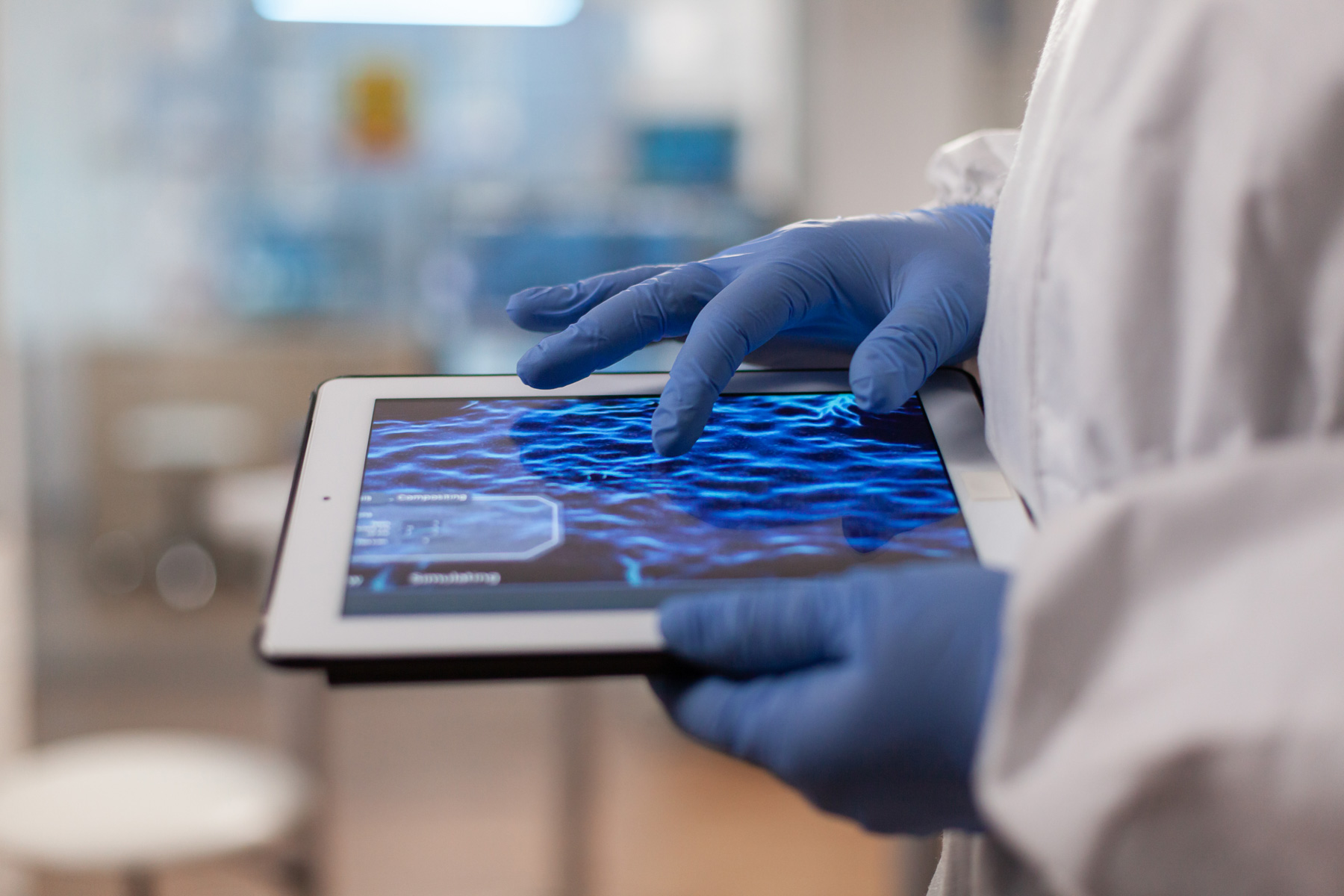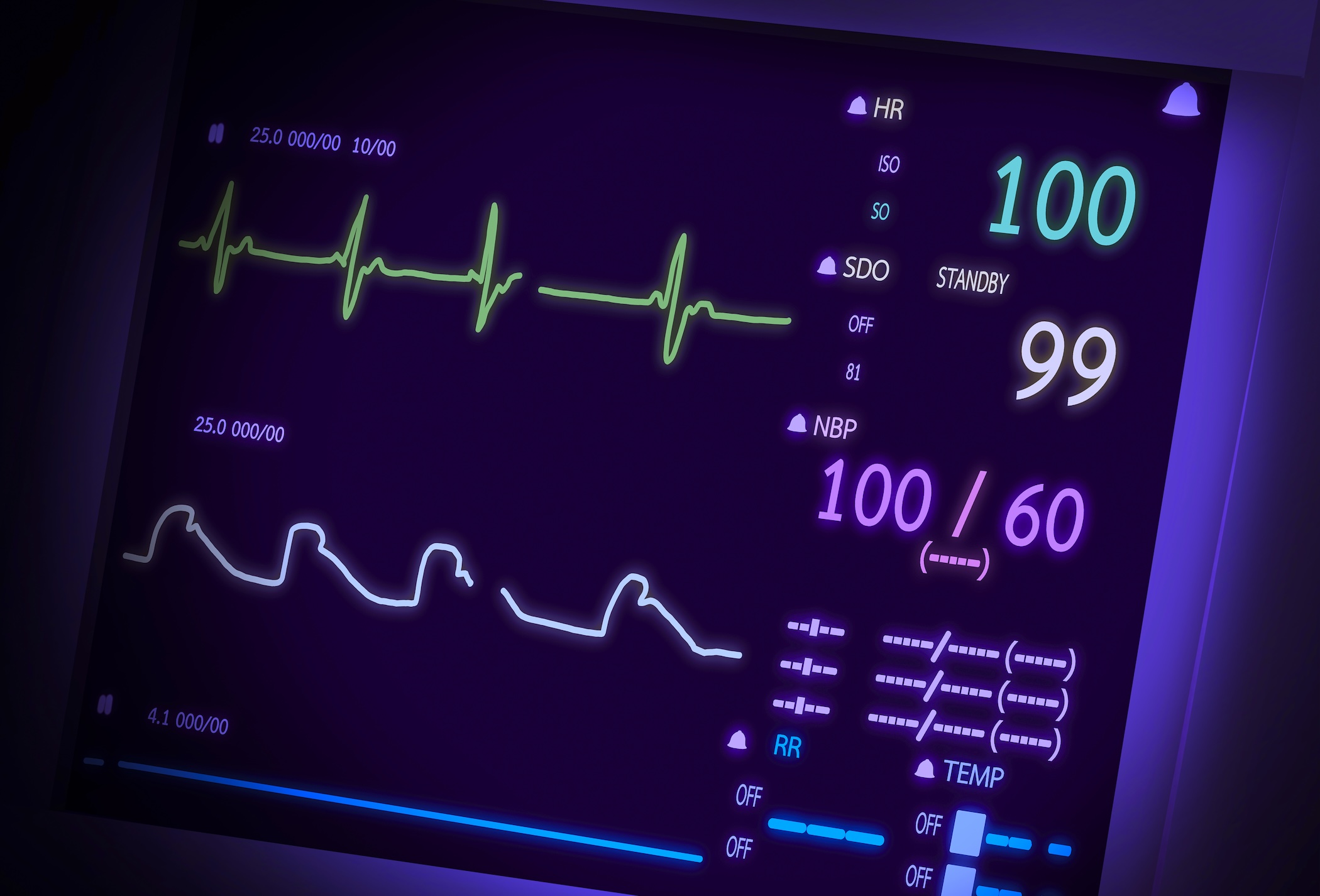
London’s world leading research centres are driving a step-change in approaches to infectious diseases and immunology, from HIV and RSV to cancers.
London hosts
more specialist infectious disease sites
than any other city globally
The MHRA, based in London, was
the world's first regulator
to approve a COVID-19 vaccine
>230
infectious disease trial sites in London, 156 of which host viral infection trials and 131 of which host coronaviridae infection.
Home to the Hospital for Tropical Diseases at UCLH, the London School of Hygiene and Tropical Medicine and the Infectious Diseases Biobank at King’s College London
Key research centres
- The Francis Crick Institute
- The London School of Hygiene & Tropical Medicine
- Imperial College London Department of Immunology and Inflammation
- Imperial College London Department of Infectious Disease
- TThe UCL Institute of Immunity and Transplantation
- The Peter Gorer Department of Immunobiology at King’s College London
Success stories:
GSK RSV
GSK (GlaxoSmithKline) has collaborated extensively with various London-based institutions to develop the world’s first RSV (Respiratory Syncytial Virus) vaccine for older adults, Arexvy, approved by the US FDA in May 2023.
These collaborations have included working with the LSHTM on epidemiological studies and clinical trials, partnering with researchers from Imperial College to understand RSV pathogenesis and immune response, and delivering the phase III AReSVi-006 trial, which demonstrated an overall efficacy of 82.6% for Arexvy, across multiple clinical sites in London.
This vaccine represents a significant advancement in protecting vulnerable populations, particularly those aged 60 and above, from serious respiratory diseases caused by RSV, and GSK continues to work with London institutions to optimise vaccine use and extend its benefits, including addressing emerging RSV strains.









